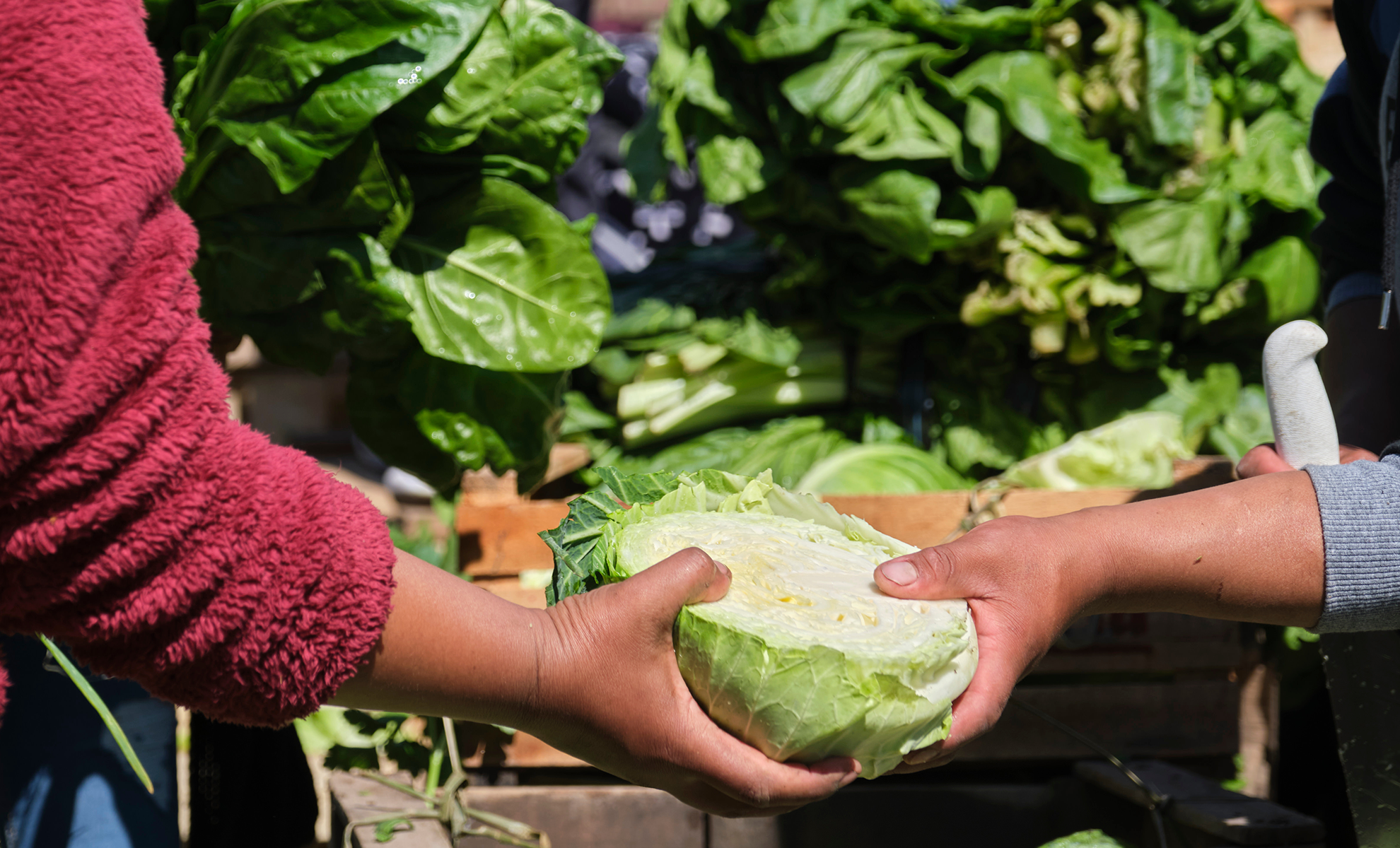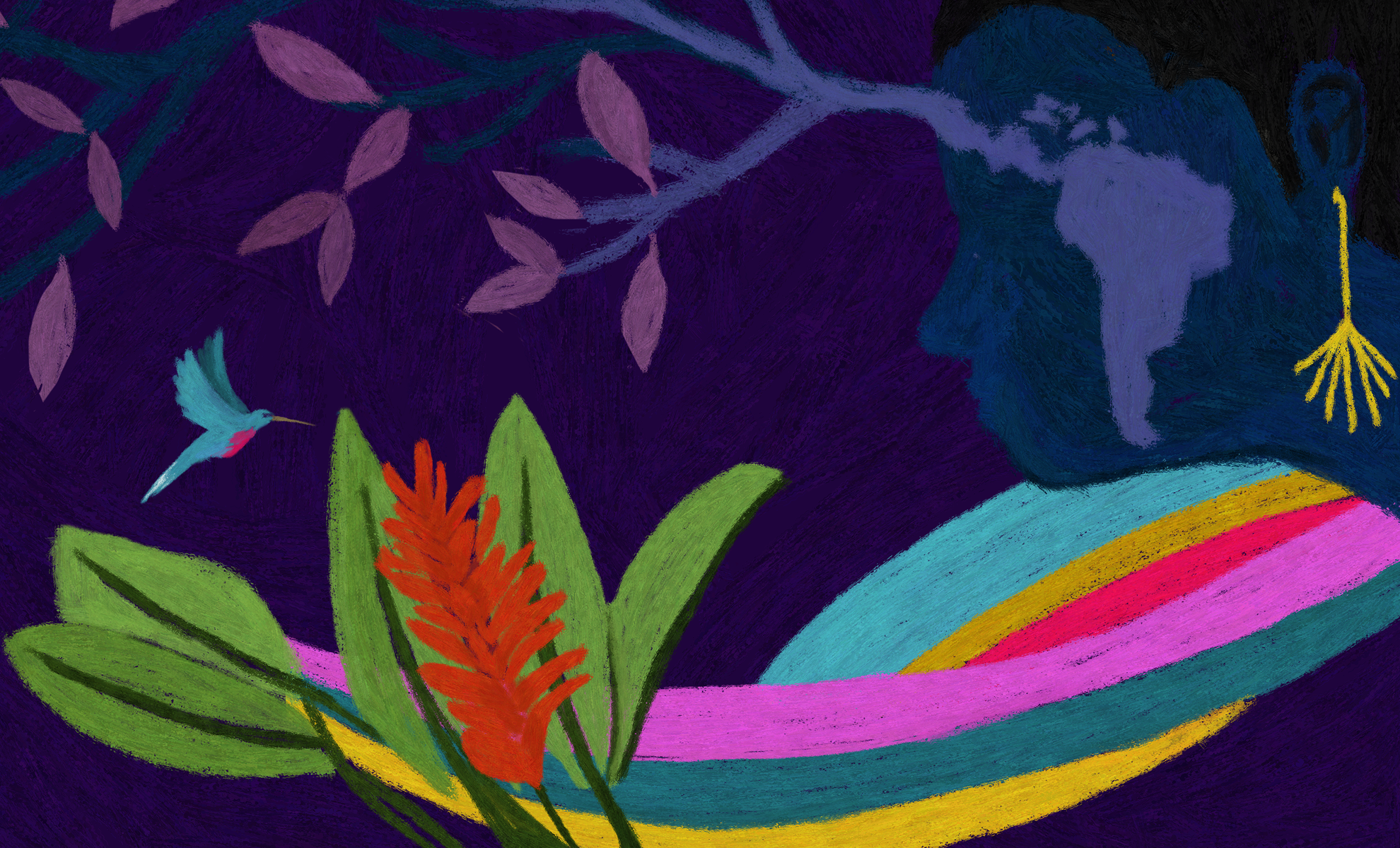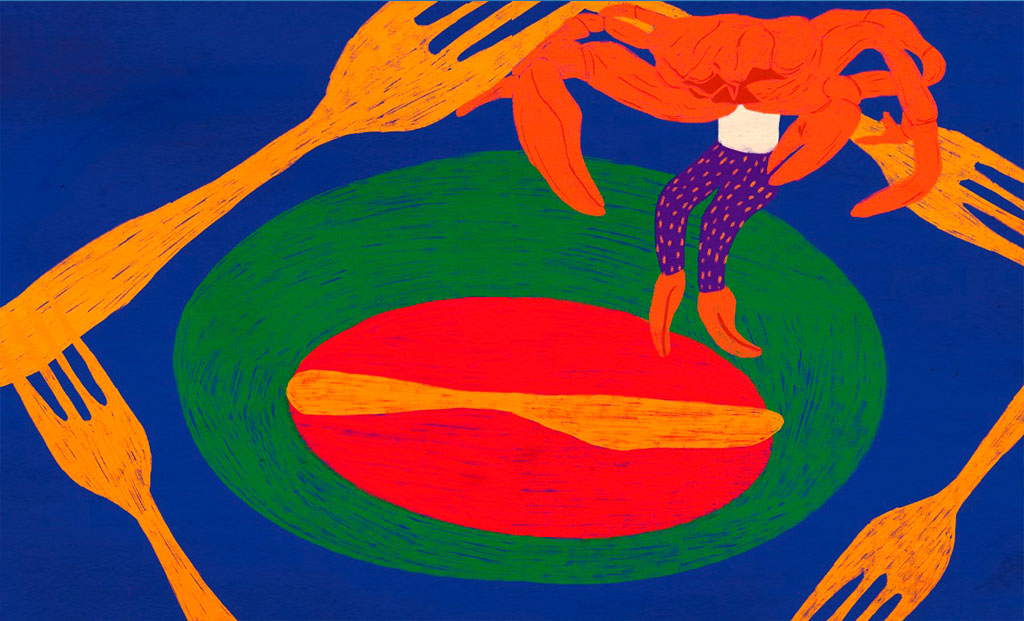




Photo by Carolina Jaramillo
The methods of production and the structures of processing, distribution, and marketing of food are central factors in transforming food systems. Food chains that value biodiversity, promote short circuits of food production and consumption, ensure fair labor relations, and strengthen local dietary practices — while centering small producers, traditional people and communities — contribute to the development of healthy, just, and sustainable food systems.
Family farming, often aligned with agroecology, is emerging as a key player in this reconfiguration of food production, processing, distribution, and marketing. This model is increasingly embraced worldwide for its social, environmental, educational, and public health benefits.
However, public incentives — crucial to the development of these and other perspectives and practices supportive of a new food systems reality in Brazil — remain insufficient. This underinvestment runs counter to the substantial state subsidies granted to agribusiness, as revealed in the recent study “The cost of soy for Brazil: tax breaks, subsidies, and exemptions in the soy production chain”.
Recognizing this gap and bias in public policy concerning food in Brazil, civil society organizations are working to advance practices and generate knowledge aimed at making the transformation of food systems viable. Below are some initiatives supported by Instituto Ibirapitanga that demonstrate how the transition to a more just and sustainable reality is already underway.
PART 1: Practical experiences supporting the transition
Muká Platform
Conceived and coordinated by Tabôa Fortalecimento Comunitário, the Muká Platform strengthens agroecological production by providing access to credit and specialized rural technical assistance. Implemented in partnership with Rede Povos da Mata in southern Bahia, the platform engages all dimensions of agroecology, going beyond organic food cultivation to include strategies for achieving food and nutritional sovereignty and security for family farmers. It also emphasizes the recognition and appreciation of the sociocultural dimension of food.
The breadth of this work has led to a wide range of outcomes that underscore the potential of agroecology when properly supported. In terms of production, the platform has helped advance agroforestry systems and expand output to meet high-quality market demands, such as the sale of cacao to sustainable chocolate brands. The processing axis facilitated legalization, sanitary compliance, and the establishment of procedures in agro-industries, as well as the accumulation of experience by Rede Povos da Mata in engaging with regulatory processes. Through its certification efforts, Muká has strengthened and expanded groups within agroecological networks to ensure continued organic certification. Following a logic of prioritizing self-consumption, the commercialization axis has allowed surplus production to be distributed through state circuits and also through fairs, warehouses, and participation in government programs like the National School Feeding Program (PNAE) and the Food Acquisition Program (PAA). Finally, access to credit has extended benefits across the value chain, enabling investments in equipment, agro-industry, oilseed production, working capital, and agroecological development — demonstrating the initiative’s potential to support the financial structuring of family farming.
Agroecology and popular food supply
This initiative, led by the MPA – Small Farmers’ Movement, supports local agroecological production and popular food supply efforts, fostering rural-urban connections, social organization, and communication around food sovereignty through cooperation and solidarity. The project operates on two fronts: (i) social and productive organization based on agroecology, cooperation, feminist and youth leadership, value-adding, cultural production, short supply chains, and popular food supply; and (ii) communication efforts to publicize agroecological experiences and build social support for food systems rooted in peasant agriculture, agroecology, cooperation, and territorial development.
The initiatives range from local actions to support for structuring federal and state government programs related to food sovereignty. Highlights include the Raízes do Brasil centers in Picos (PI), Rio de Janeiro (RJ), and Salvador (BA), which have been strengthened through activities such as volunteer campaigns, technical visits, training courses, political engagement, events with women, and participation in the 12th Brazilian Agroecology Congress. In Espírito Santo, efforts focused on expanding agroecological production of bio-inputs, cachaça, and flour. In Rio Grande do Sul, the initiative supported the establishment of agroforestry systems and agroecology training for youth and women, along with a broader agroecological transition. The state also hosted the 6th Creole Seed Festival and the 1st Regional Solidarity Economy Fair. These and other activities are now featured in the “MPA Informa” newsletter.
Through this initiative, MPA is developing social technologies to connect rural and urban areas, making agroecological food supply feasible and advancing food sovereignty.
Strengthening Terena ancestral agriculture
Carried out by Caianas — the Indigenous Environmentalist Collective for Nature, Agroecology, and Sustainability, this initiative conducts a series of ethnically grounded agroecological workshops with farmers from the Cachoeirinha, Pilad Rebuá, and Lalima Indigenous Lands, located in the municipality of Miranda, Mato Grosso. The organization encourages new participants — especially women, youth, children, leaders, chiefs, and elders — to embrace the principles and philosophy of Terena ancestral agriculture and produce their own food within these Indigenous territories.
Valuing healthy food and knowledge in the southernmost region of Bahia
This initiative, led by EPAAEB — Egídio Brunetto People’s School of Agroecology and Agroforestry, focuses on implementing a minimal processing unit for plant-based products, enabling the production of fruit pulps, dehydrated fruits, and condiments. The implementation process includes both theoretical and practical training for small farmers to enhance their knowledge on harvesting, transporting, and processing plant products.
Training content emphasizes the value of production, the importance of diversification, and the advantages of processing to increase access to various markets. It also includes education on planting production — from nutrition to pest and disease management — highlighting its role in fruit and product quality.
This initiative enhances income-generation opportunities in rural areas and promotes agroecological production. By adding value through minimal processing, it reduces post-harvest losses and increases product shelf life and access to healthy food for both rural and urban populations.
Baquité quilombola: food traditions
Led by Acorquirim — Association of the Black Rural Community Quilombo Ribeirão da Mutuca, this initiative strengthens traditional food production and preparation practices among quilombola communities in the Cuiabá lowlands (Mato Grosso). Activities include seed and native seedling exchanges and knowledge-sharing about the cultural significance of family food traditions in conserving the Pantanal biome.
The Barragem Project: Mother Nature’s work is the food of living faith!
Promoting a series of actions aimed at recognizing, strengthening, and documenting practices, memories, and narratives that sustain life in the quilombola community, this project is led by the collective of farmers and fish breeders from the Barragem area of the Santa Rosa dos Pretos quilombola territory. It supports the improvement of productive activities through the renovation of ponds and fish tanks, the refurbishment of the project’s support center, and the preservation of traditional knowledge and practices through the involvement of culture masters, artisans, farmers, women, and youth. The project also includes educational actions focused on food autonomy, ancestral knowledge, and strengthening territorial care networks to address climate crises.
PART 2: Knowledge production on the results and potential of agroecology
Sustainable Food Futures
Led by SOPAS — Research Group on the Sociology of Food Practices, this initiative supports the study group and its discussions along three research lines: (i) dietary patterns; (ii) innovations in food systems and social movements; (iii) food justice and democracy. The “Sustainable Food Futures” series produces reflections on practices, policies, and innovation to inform both internal debates and public engagement through collaborative research and publications by group members.
One publication in the series, “The Digitalization of Markets in Family Farming” by Jeferson Tonin, explores how the covid-19 pandemic forced family farming organizations to build digital market capabilities to sell directly to consumers, who increasingly valued the convenience of home delivery. The study describes market digitalization as a broad social process reconfiguring food systems, with the potential to promote productive inclusion and reduce disparities in access to food supply chains. Tonin also notes the central role of associations and cooperatives in ensuring that these new forms of marketing help reduce social and economic inequality in family farming.
Agroecologies of Brazil: Challenges and Opportunities
This research is one of the efforts of COI — the Center for Innovation Orchestration at WTT — World-Transforming Technologies. It aims to strengthen ecological family farming and accelerate the transition from conventional agriculture to this model by developing innovations that address its challenges and leverage its opportunities. “Agroecologies of Brazil: Challenges and Opportunities” is the first of two studies designed to highlight the socio-technical challenges of ecological farming.
The publication offers a summary of the study’s key findings and includes a proprietary conceptual model developed for the COI/WTT Regenerative Agriculture axis. It also presents a mapping of territories and regions in Brazil undergoing agroecological transition, based on cross-referencing secondary data from IBGE, MAPA, and ICMBIO, along with other analyses of challenges and opportunities for transitioning to agroecology across the country.















